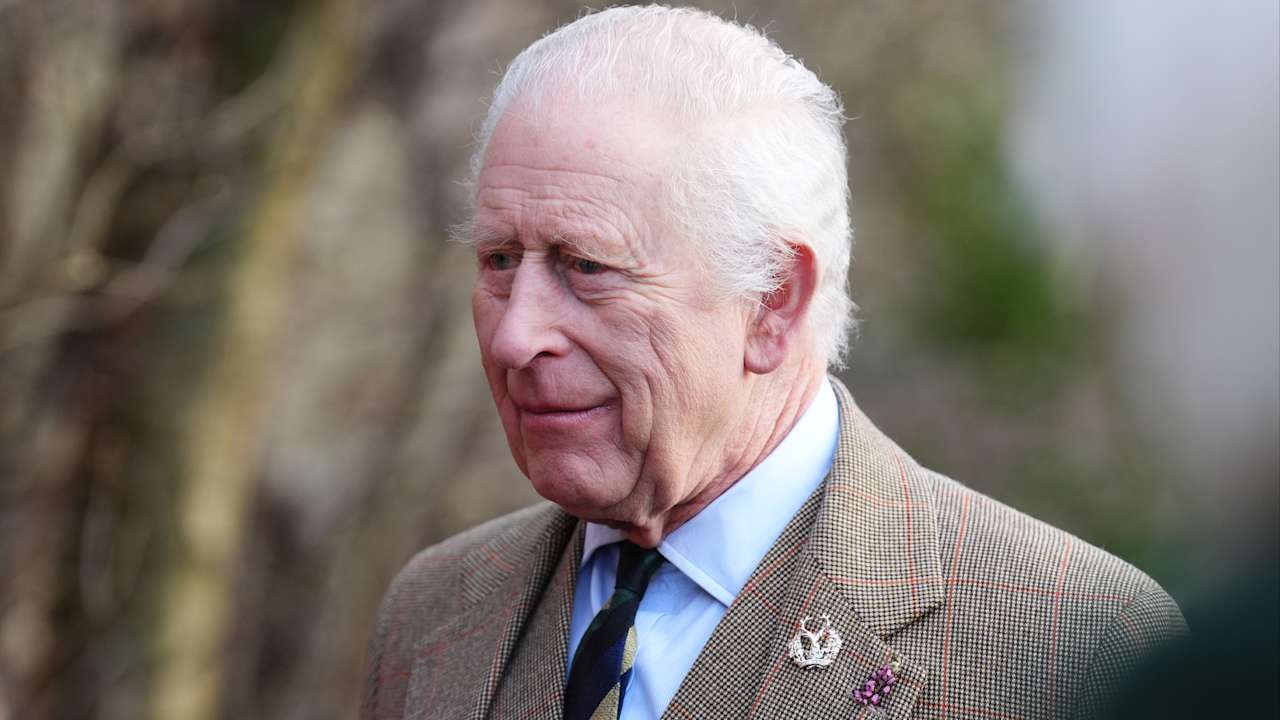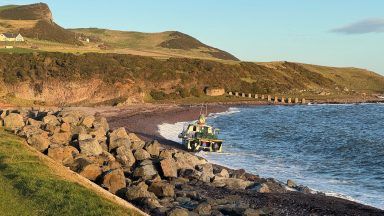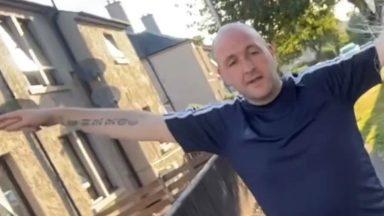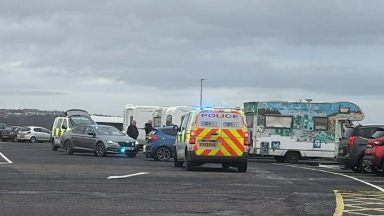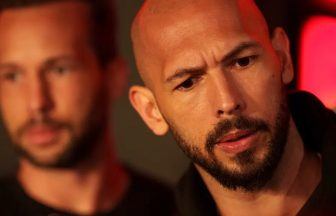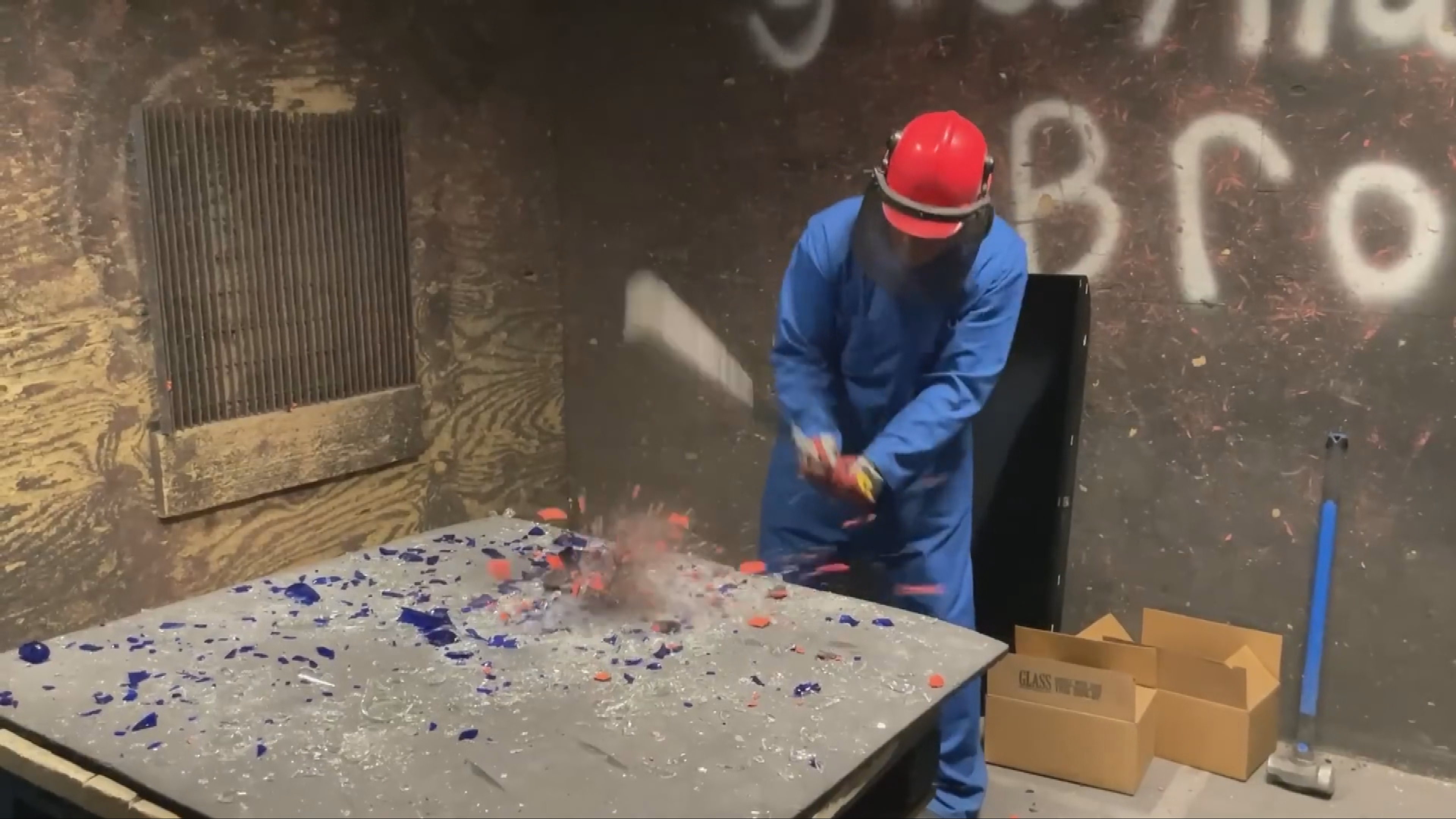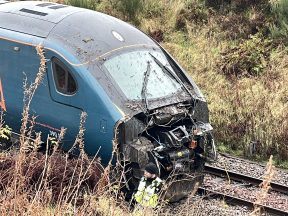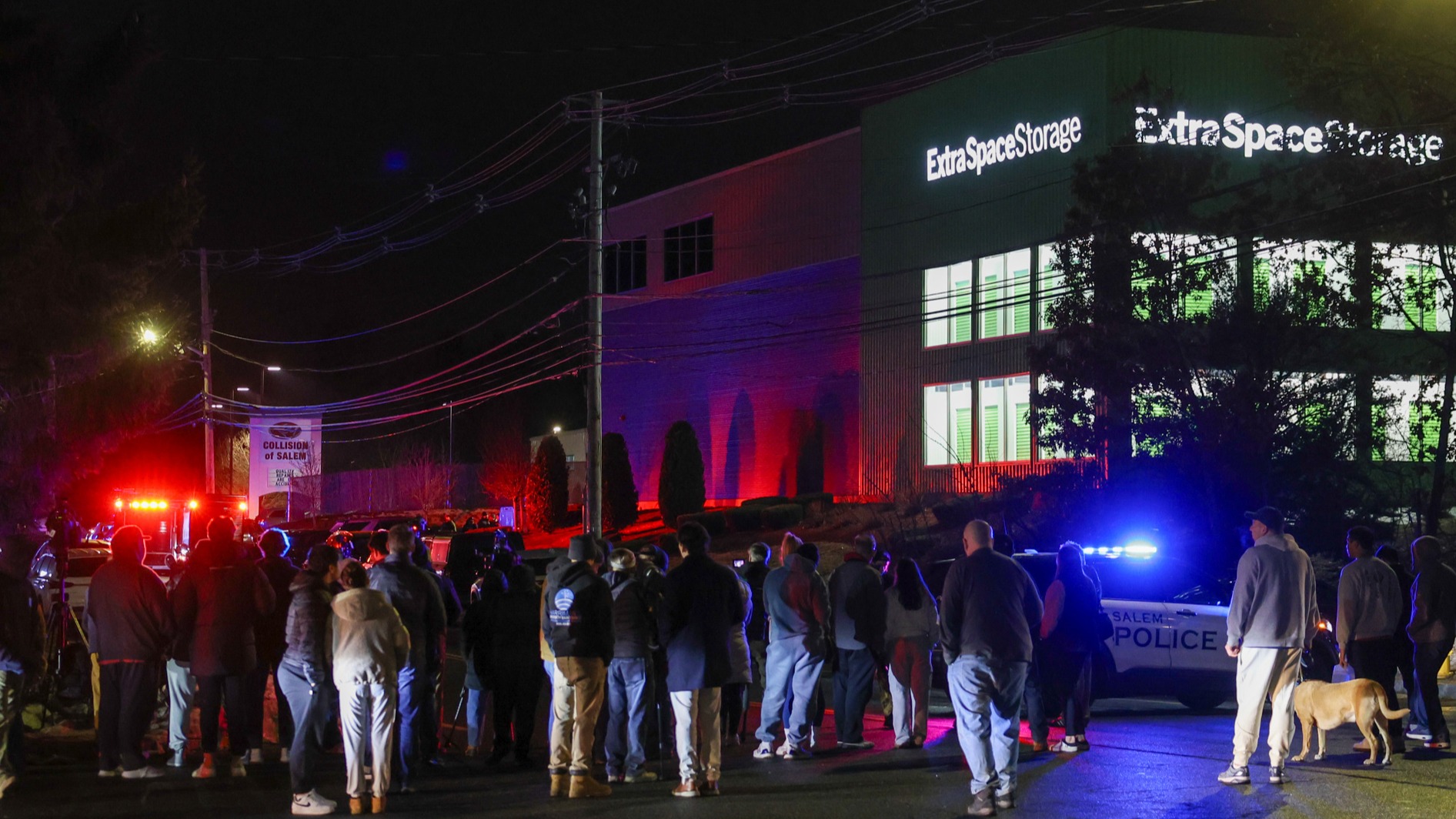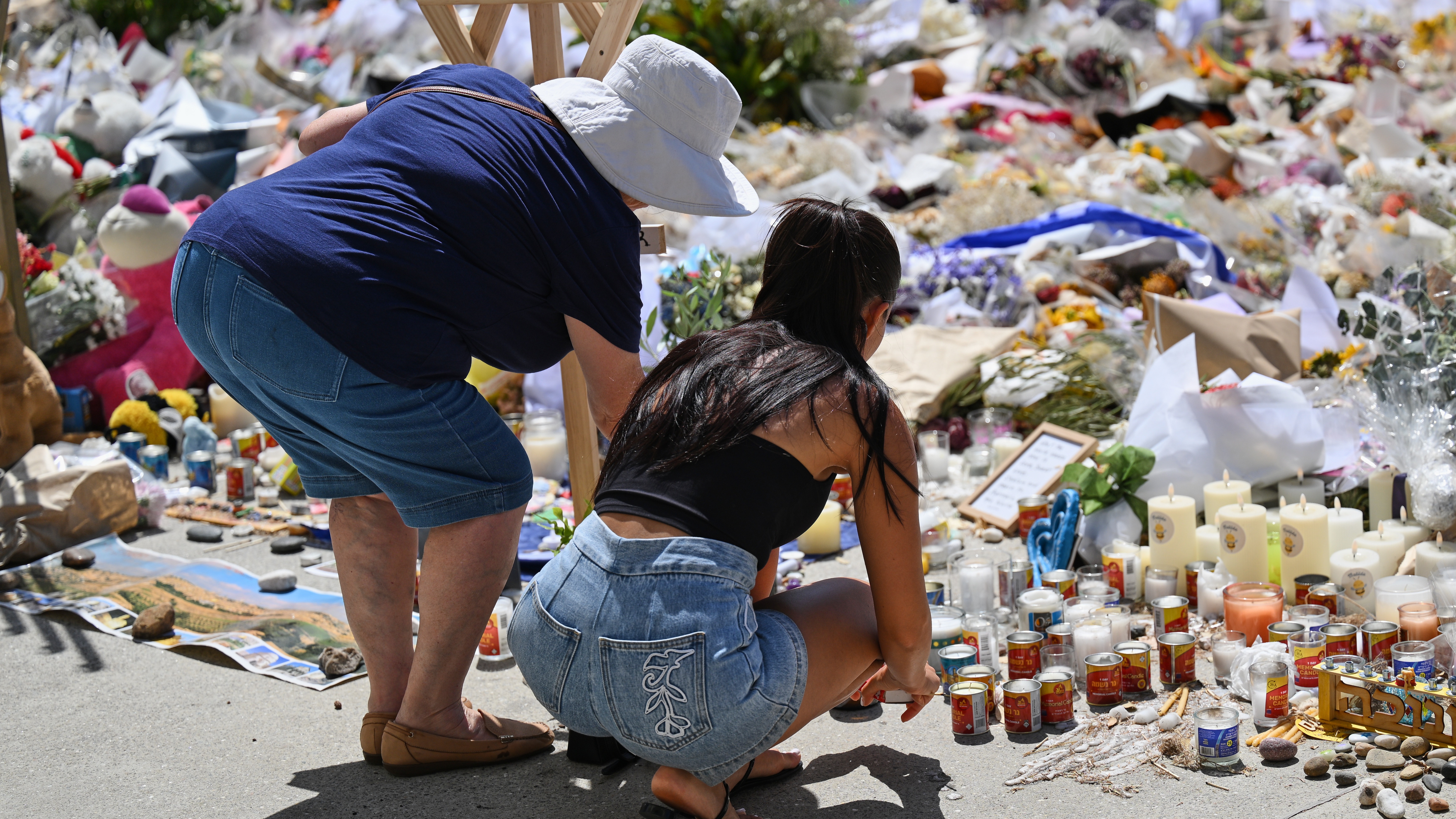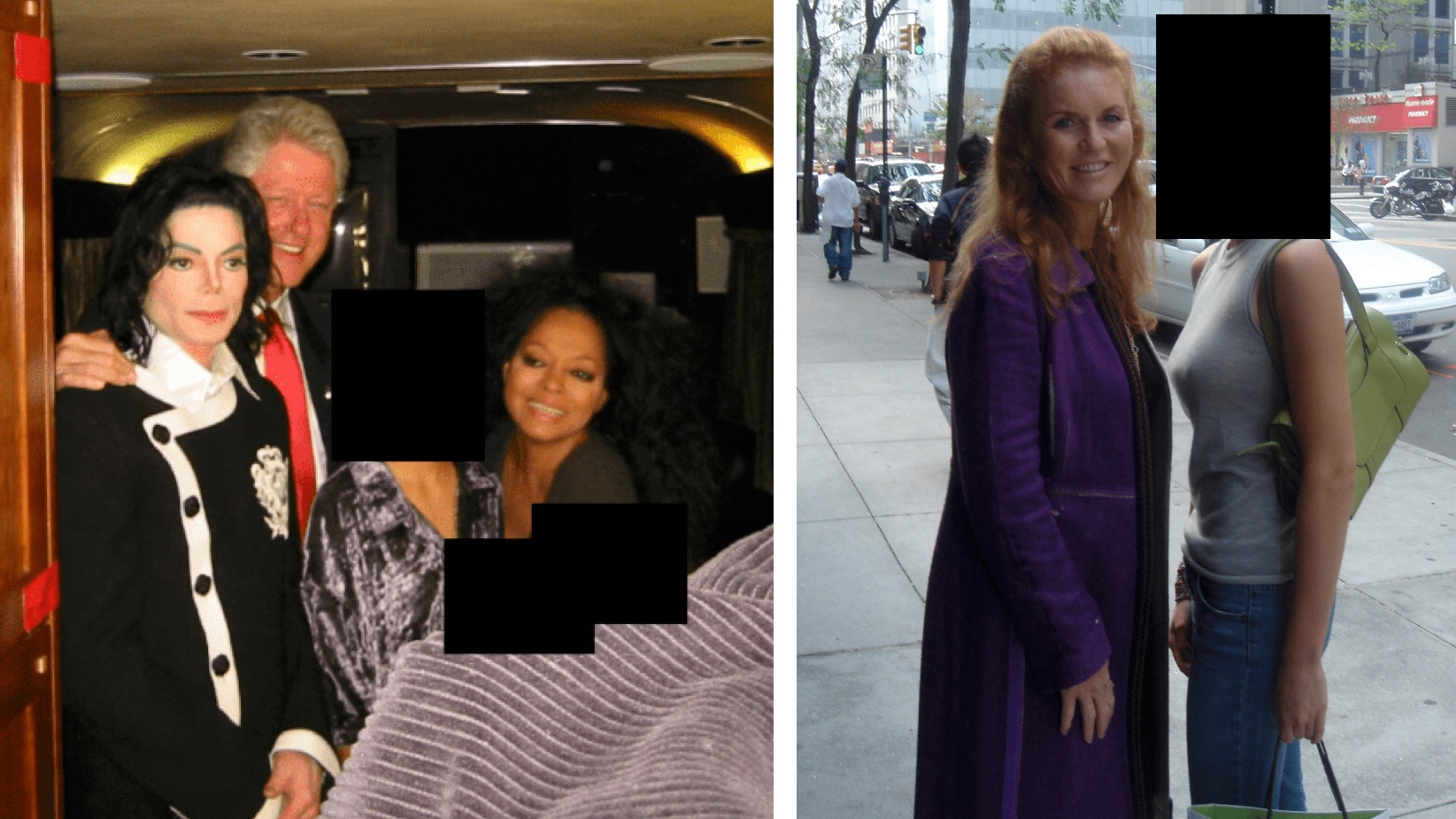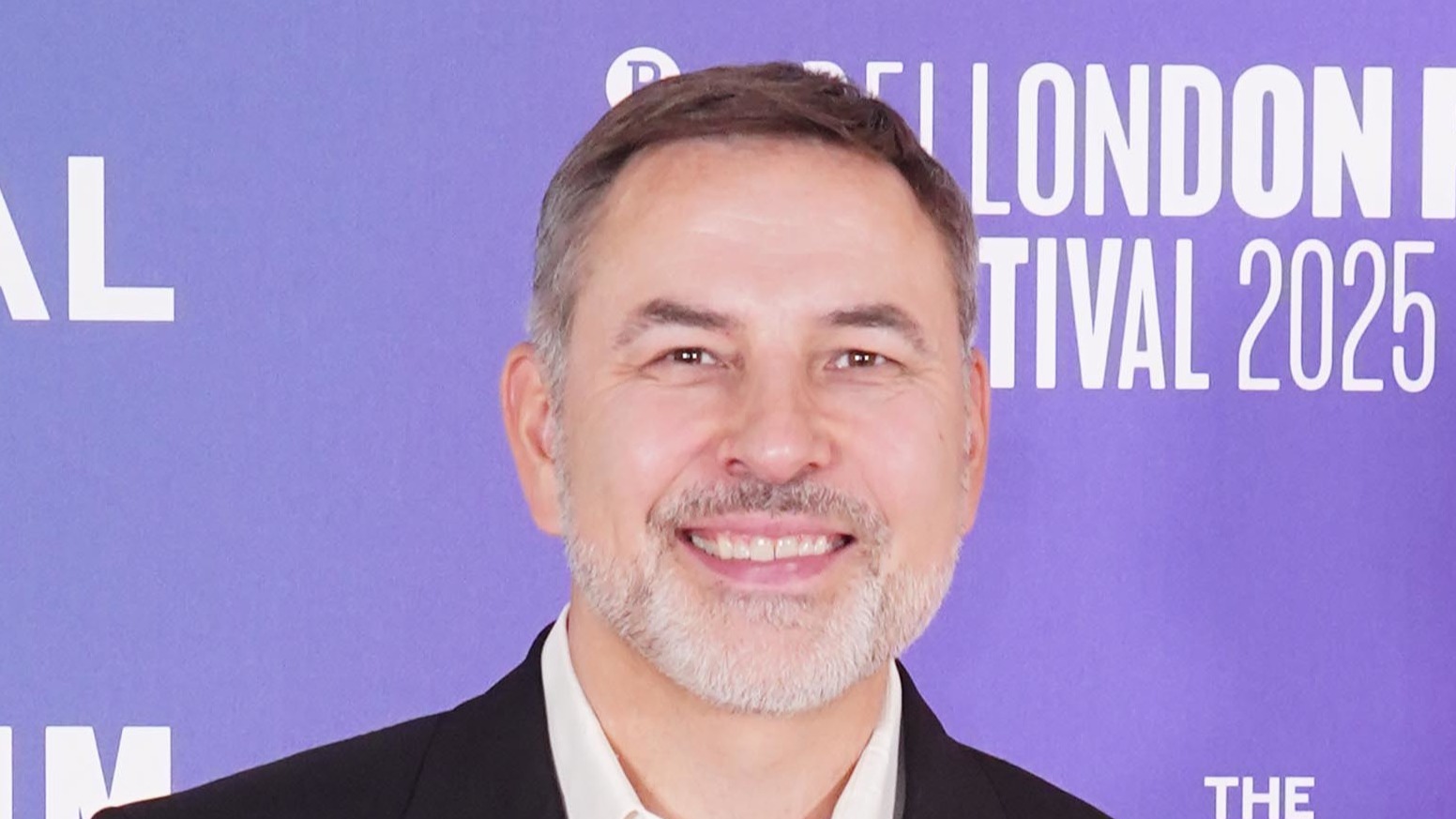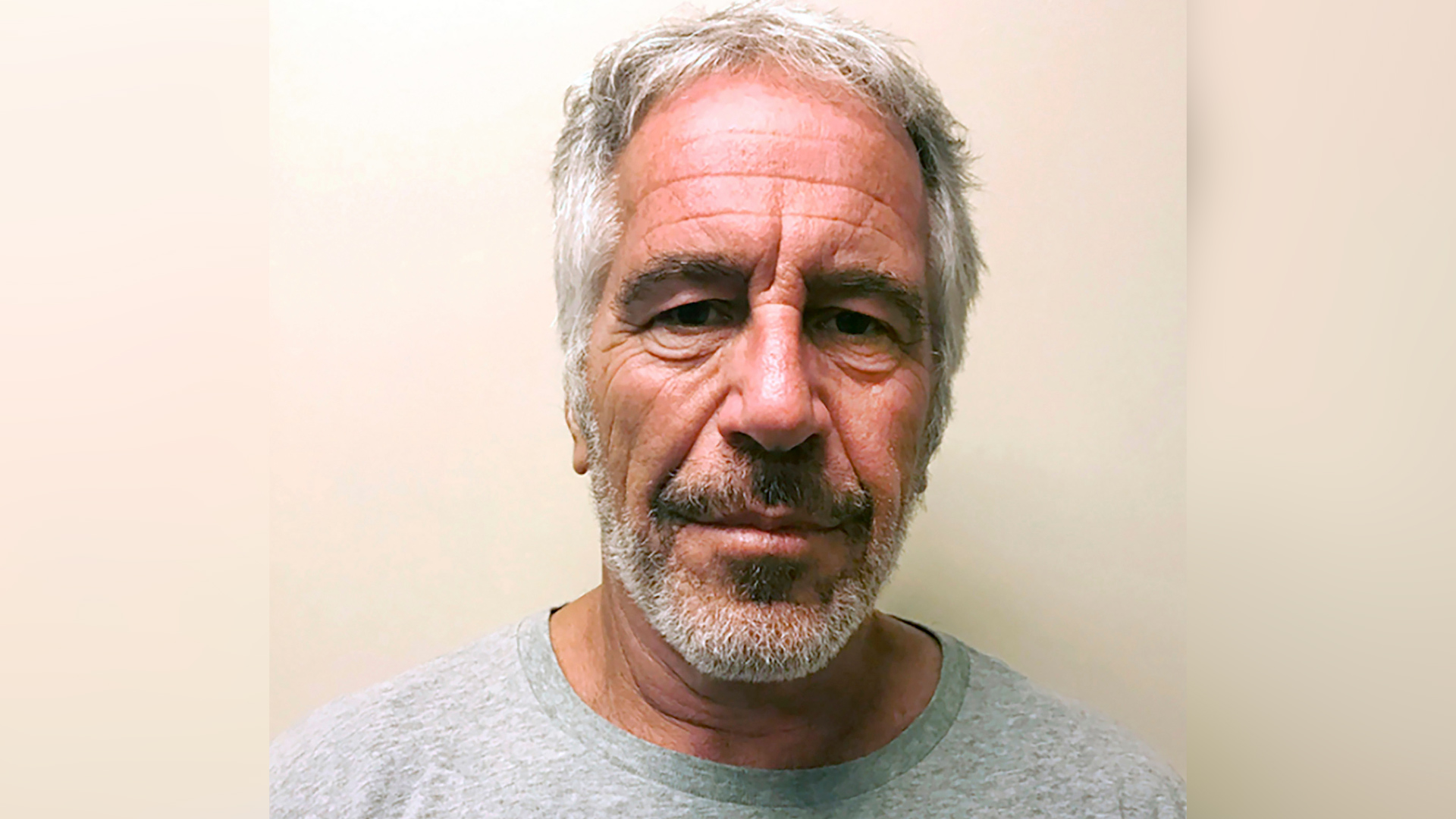As night falls on Monday, and candles light his path, King Charles will make his first steps into the most notorious of Nazi death camps, Auschwitz.
He will do so as he marks the 80th anniversary of its liberation – itself a dark day etched in history when, on January 27, 1945, Soviet troops came across the camp in former Nazi-occupied Poland and discovered the horrors of what had taken place here during the previous five years.
King Charles will join other heads of state at the camp, a short drive from Krakow, to remember all those who met their deaths here.
The international commemoration service will take place in front of the main entrance to the camp, the location of those train tracks upon which so many innocent people were brought to this place of mass death.
The King will listen to survivors as they re-tell their stories and he will join other world leaders in paying tribute to those who were killed.
They will also acknowledge that this camp was just one among many built during the Holocaust which caused the murders of more than six million Jews.
Weeks after Auschwitz was discovered, British troops would find the Bergen-Belsen camp and learn that a similar level of depravity had occurred there: mass death and inhumane conditions which cost Anne Frank her life, just days before the camp was liberated.
Today, however, the King will remember the Auschwitz victims, and he will walk through the entrance gates to Camp One, above which the words ‘Arbeit Macht Frei’ – translated as ‘Work Sets You Free’ – were cast in iron.
For the millions of Jews and the Polish prisoners of war taken to this camp, never have words represented such a great lie.
A total of 1.1 million people were murdered in Auschwitz, many tens of thousands in the gas chambers, others from execution, starvation, malnutrition and slave labour.
At a reconstruction of ‘The Death Wall’ between Blocks 6 and 7, the site of so many executions, King Charles will lay a wreath.
He will also be shown one of the most shocking displays you will ever see in a museum: the piles of shoes taken from Jewish prisoners before they were gassed to death; the piles of hair cut from their heads for use in factories elsewhere; the personal possessions confiscated before victims were sent to the chambers of mass execution.
There, fellow prisoners – those deemed fit for labour – were ordered to clear the bodies and burn them in purpose-built crematoria.
I remember the first time I saw these displays 15 years ago, on a visit to this camp with the former Prime Minister Gordon Brown. You never forget what you are shown in those rows of prison dormitories at Auschwitz.
You leave stunned into silence.
For a King who has travelled to most parts of the world, and one who has worked tirelessly to promote tolerance and understanding between faiths, it might come as a surprise to learn that he’s never visited Auschwitz before today.
Charles has been to other camps of its kind, known in German as Konzentrationslager, but never to this one – which these days receives tens of thousands of visitors from around the world.
Each visitor to Auschwitz is asked to make a pledge – to remember the horrors of the past and to share the horrors with others, so that they might never happen again.
Eighty years ago is not a long time in the past, and it’s why there some survivors of the Holocaust still alive today (although ever fewer in number each year) who share what they endured with those younger generations who did not have to suffer the same horrors.
But as the King marks this important moment in history, he does so at a time when levels of antisemitism are at their highest level in decades, and when Muslims have suffered disturbing rises in Islamophobia.
Queen Camilla, who attended the 75th anniversary at Auschwitz, warned last week that another atrocity like this can never be completely ruled out.
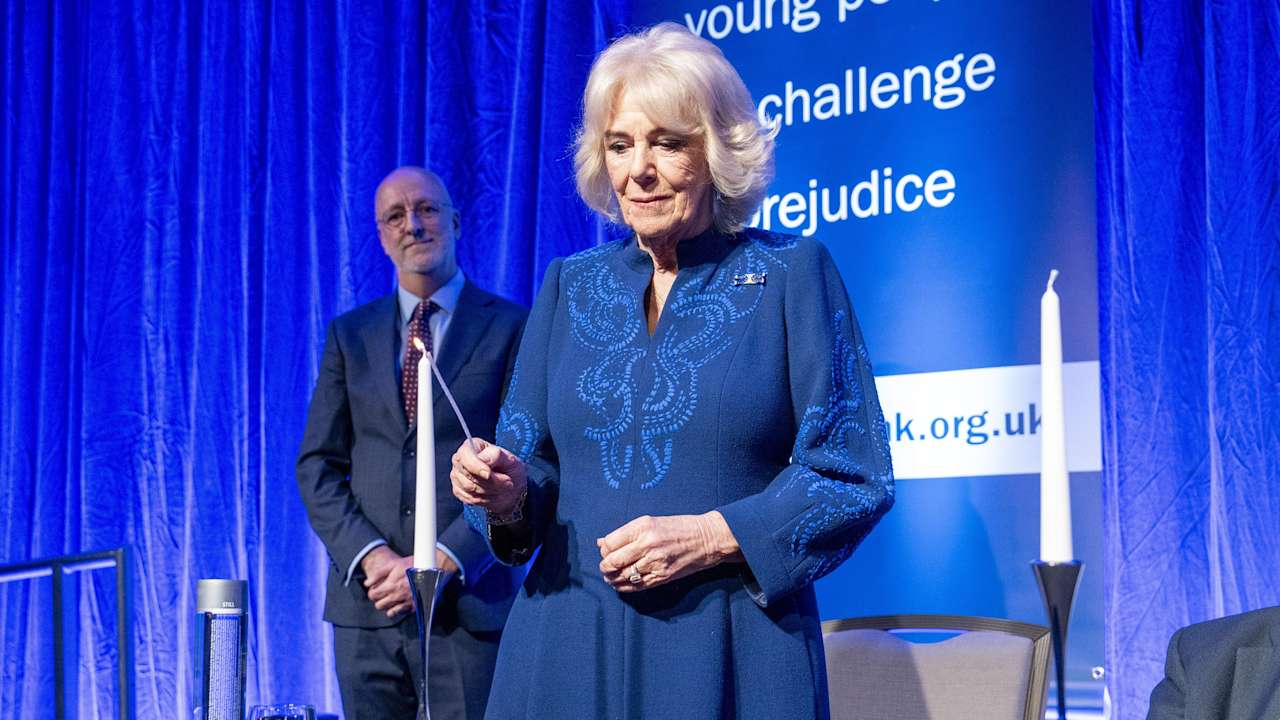
The Queen told the Anne Frank Trust in London: “The deadly seeds of the Holocaust were sown at first in small acts of exclusion, of aggression and of discrimination towards those who had previously been neighbours and friends.
“Over a terrifying short period of time, those seeds took root through the complacency of which we can all be guilty: of turning away from injustice, of ignoring that which we know to be wrong, of thinking that someone else will do what’s needed – and of remaining silent.”
So, it falls to all of us to call out intolerance, racism, prejudice and exclusion, wherever it might be happening.
As Prime Minister Keir Starmer remarked on Sunday: “we say ‘never again’ – but where was never again in the genocides of Cambodia, Rwanda, Bosnia and Darfur”.
After his own visit to Auschwitz recently, the prime minister described the experience as “utterly harrowing”.
Sir Keir said: “Nothing could prepare me for the sheer horror of what I have seen in this place.”
This year, Holocaust Memorial Day comes at a time of hostages and prisoner releases in Israel and Gaza, following months of suffering by people on both sides of the border.
As we fall silent on this Holocaust Memorial Day, we must all pledge never to remain silent, never to look the other way when fellow human beings are being attacked by those who are consumed simply by the hatred of difference.
Follow STV News on WhatsApp
Scan the QR code on your mobile device for all the latest news from around the country


